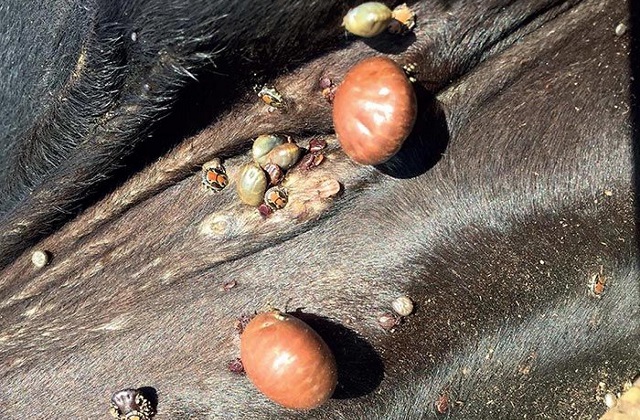Summary:
- Scientists in Uganda have successfully trialed two anti-tick vaccines, awaiting final approval from regulatory authorities, an official disclosed Thursday. Frank Mugabi of the National Agricultural Research Organisation highlighted that these breakthrough vaccines, developed after years of research, aim to combat tick-borne diseases without harming the environment.
Scientists in Uganda have developed two anti-tick vaccines whose trials have been successful, and are now awaiting final approval from regulatory authorities, an official said Thursday.
Frank Mugabi, a senior communications officer at the state-run National Agricultural Research Organisation, which regulates agricultural research, told Xinhua that the vaccines were developed after years of research.
“For more than a century, the control of ticks and tick-borne diseases depended on the use of chemical acaricides. However, the use of chemicals was detrimental to the environment,” Magabi said.
Let Us Build Your Online Success!
We are the experts in creating visually stunning and functional websites. With reliable hosting and exceptional customer support, we bring your vision to life. Join hundreds of happy clients who trust us!
Get Started Now📞 Call/WhatsApp: +256 207 800 192
“Now we believe our scientists have made a major breakthrough since the ticks had developed resistance to the acaricides,” he added.
Mugabi said several trials had been carried out in various parts of the country for both oral and injectable vaccines in the past 12 months.
“Where the trials were carried out, we found that there were no issues related to ticks. The beef and milk were also tested and there were no traces of the vaccines, meaning they were safe for consumption,” the official said.
According to Mugabi, the vaccines were developed from a protein called subolesin that was extracted from native tick species.
He said patent has already been obtained for the vaccines, which are waiting for the regulatory bodies to register and recommend them for use by farmers.
According to ScienceDirect, a database of research and scientific topics, Ugandan farmers lose more than 1.1 billion U.S. dollars in aggregated annual direct and indirect loss due to the rising spread of tick-borne animal challenges, with the commonest and economically damaging tick-borne disease being the East Coast Fever.
A 2018 animal census, the latest one conducted by the government, indicated that Uganda was home to at least 14.2 million head of cattle.

